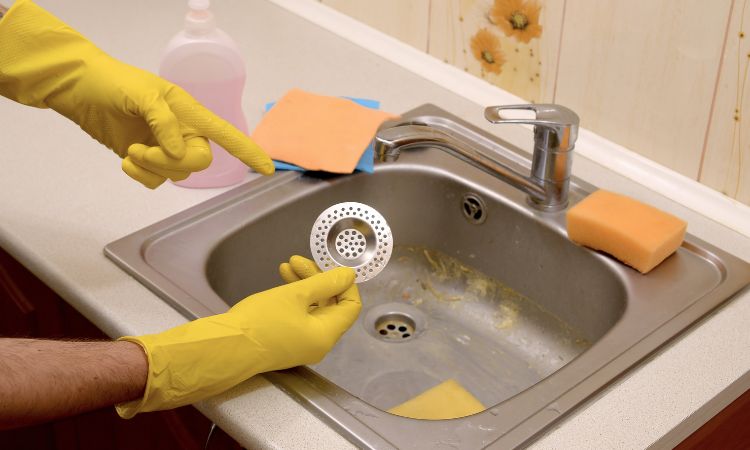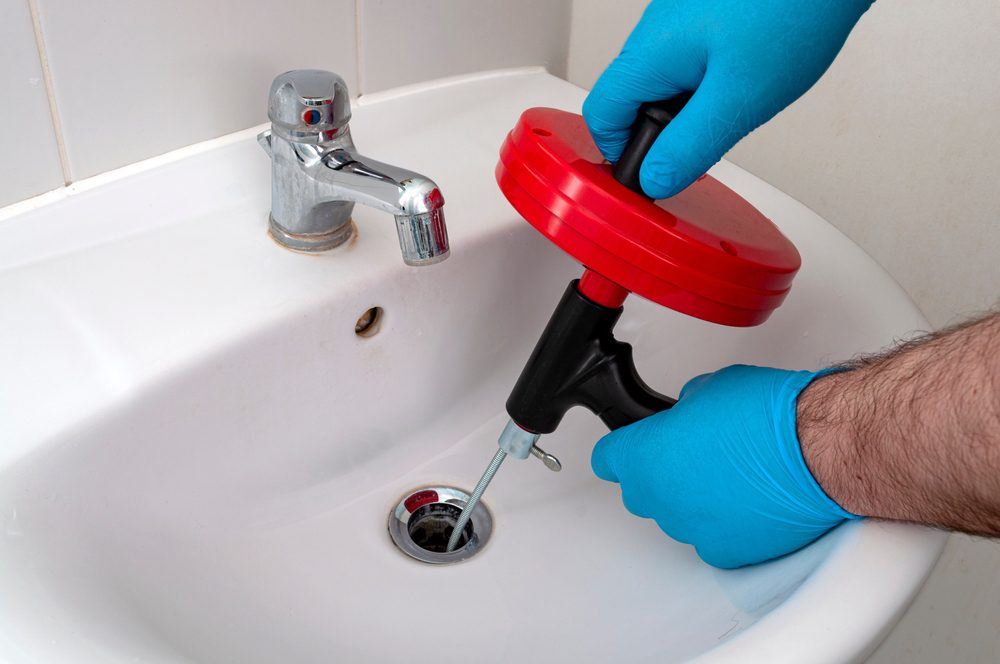New Homeowners: Tips on How to Handle Bathroom Plumbing
New Homeowners: Tips on How to Handle Bathroom Plumbing
Blog Article
What're your opinions regarding Essential DIY Bathroom Plumbing Tips Every Homeowner?

For new home owners, understanding and preserving washroom plumbing can save both money and time by preventing costly concerns down the line. Right here are some necessary restroom plumbing tips to help you keep whatever running efficiently.
Plan For Cold Weather
Shield your pipes from freezing throughout cold weather by insulating pipelines in unheated locations like cellars, attic rooms, and garages. During severe cold, allow cold water drip from taps offered by exposed pipelines to help avoid freezing.
Schedule Normal Upkeep
Take into consideration scheduling annual examinations with an accredited plumber. They can detect concerns that you could miss, such as surprise leaks or damage on pipelines and fixtures. Routine maintenance assists expand the life of your plumbing system and can prevent emergency situations.
Acquaint Yourself with the Key Shut-Off Shutoff
Knowing where the main water shut-off shutoff lies in your house is essential. This permits you to promptly switch off the water supply in case of major leakages or during pipes emergency situations, protecting against substantial water damages.
Frequently Evaluate for Leakages
Little leaks can lead to big troubles. Consistently examine under sinks, around toilets, and near plumbing fixtures for any indicators of leakages. Search for moisture, small drips, or rust. Catching and repairing leakages early can protect against more major damages and conserve water.
Keep Your Water Heater
Ensure your water heater is readied to an ideal temperature level (generally around 120 levels Fahrenheit) to prevent hot and lower energy usage. Flush the tank yearly to eliminate sediment buildup, which can reduce the efficiency and life expectancy of your heating unit.
Upgrade Your Fixtures
If your home has older fixtures, take into consideration upgrading to extra effective designs. Modern toilets, showerheads, and faucets are designed to utilize less water while supplying great pressure, which can substantially reduce your water bill and ecological footprint.
Be Cautious with DIY Pipes Services
While it's appealing to deal with all home repair work on your own, be cautious with pipes. Some concerns may need expert experience, specifically if they include main water lines or sewer fixings. Working with a specialist can occasionally be a lot more affordable than DIY, specifically if it stops additional damage.
Don't Overlook Slow Drains
If your sink or bathtub is draining pipes slowly, it's frequently a sign of a blockage developing. Addressing this very early can avoid a complete clog. Utilize a plunger or a plumbing professional's snake to remove debris. Stay clear of utilizing chemical drain cleansers as they can damage your pipes with time.
Know What Not to Flush
Bathrooms are not garbage disposals. Stay clear of flushing anything apart from toilet tissue and human waste. Items like wipes, womanly hygiene items, and cotton bud must be thrown away in the trash to stop obstructions and sewer backups.
Set Up Strainers in Drains
Area filters in your sink and bath tub drains to catch hair and various other debris before they enter your plumbing system. Cleaning up the strainers on a regular basis will help protect against build-up and keep water moving easily.
Verdict
Comprehending and keeping your home's shower room pipes can avoid many common concerns. By adhering to these vital pointers, you can guarantee your restroom stays practical and reliable, conserving you time and money in the future.
Essential Plumbing Tips for Homeowners: Keep Your Pipes Flowing Smoothly
As a homeowner, understanding the basics of your plumbing system can save you time, money, and a lot of headaches. Plumbing issues can range from minor annoyances like dripping faucets to major problems like burst pipes that cause significant damage. This guide provides essential tips to help you maintain your plumbing system and tackle common issues.
Understanding Your Plumbing System
Supply System: Brings fresh water into your home from a municipal source or a well. Drain-Waste-Vent System: Removes wastewater and vents sewer gases outside. Fixtures and Appliances: Includes sinks, toilets, showers, dishwashers, and washing machines. Basic Maintenance Tips
Regular Inspections: Periodically check for leaks, corrosion, and other signs of wear and tear. Look under sinks, around toilets, and near water heaters. Know Your Main Shut-Off Valve: In case of a major leak, you’ll need to shut off the water quickly. Ensure everyone in your household knows where the main shut-off valve is located. Prevent Frozen Pipes: In cold climates, insulate exposed pipes and let faucets drip during extreme cold to prevent freezing. Use Strainers: Install strainers in sinks and tubs to catch hair, food particles, and other debris that can cause clogs. Common Plumbing Issues and Solutions
Clogged Drains:
Prevention: Avoid pouring grease down the drain and use drain screens to catch debris. DIY Fix: Use a plunger or a plumbing snake to clear minor clogs. For stubborn clogs, a mixture of baking soda and vinegar can sometimes help. Leaky Faucets:
Prevention: Replace washers and seals regularly. DIY Fix: Turn off the water supply, disassemble the faucet, and replace worn parts.

Book With Us Today! Report this page